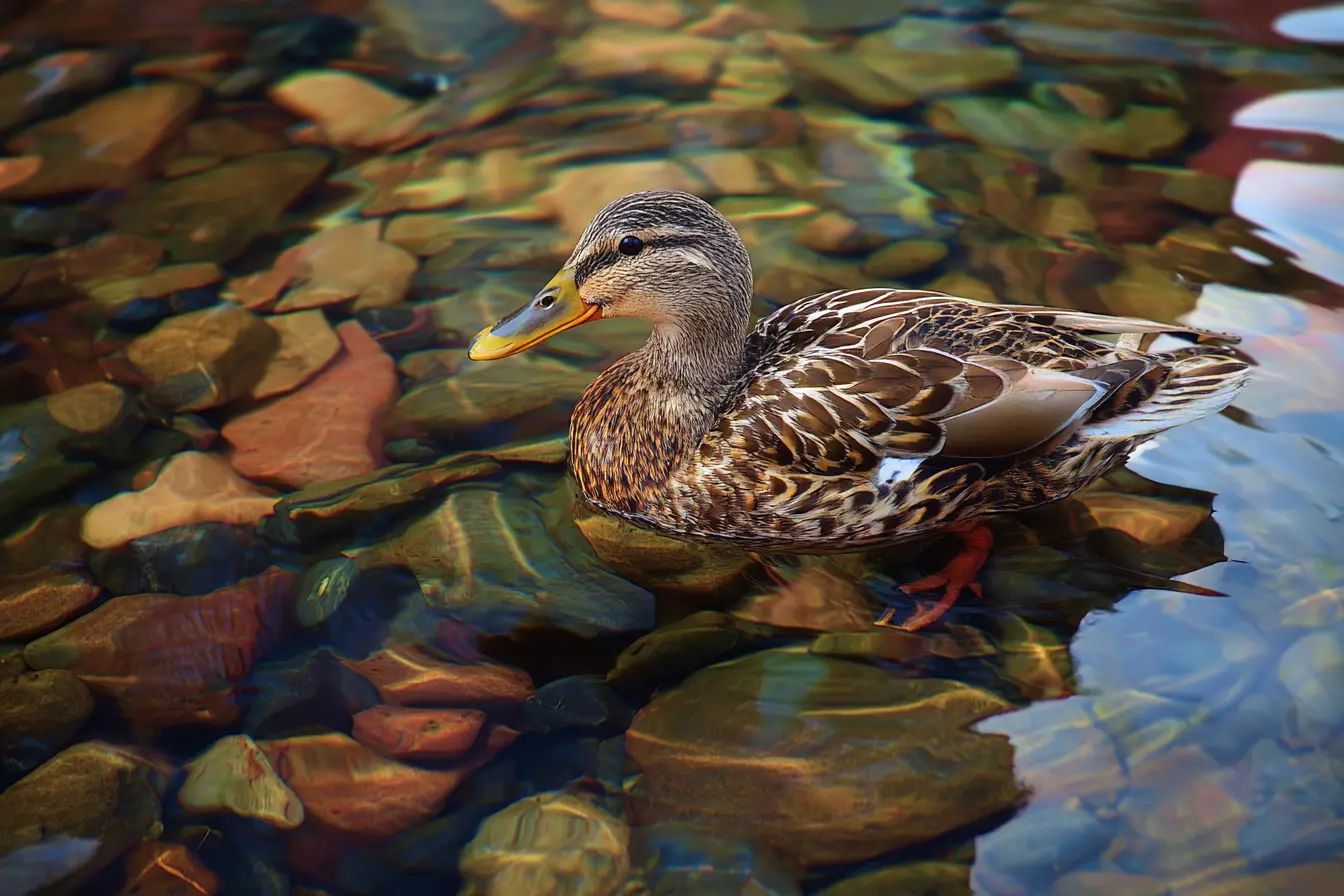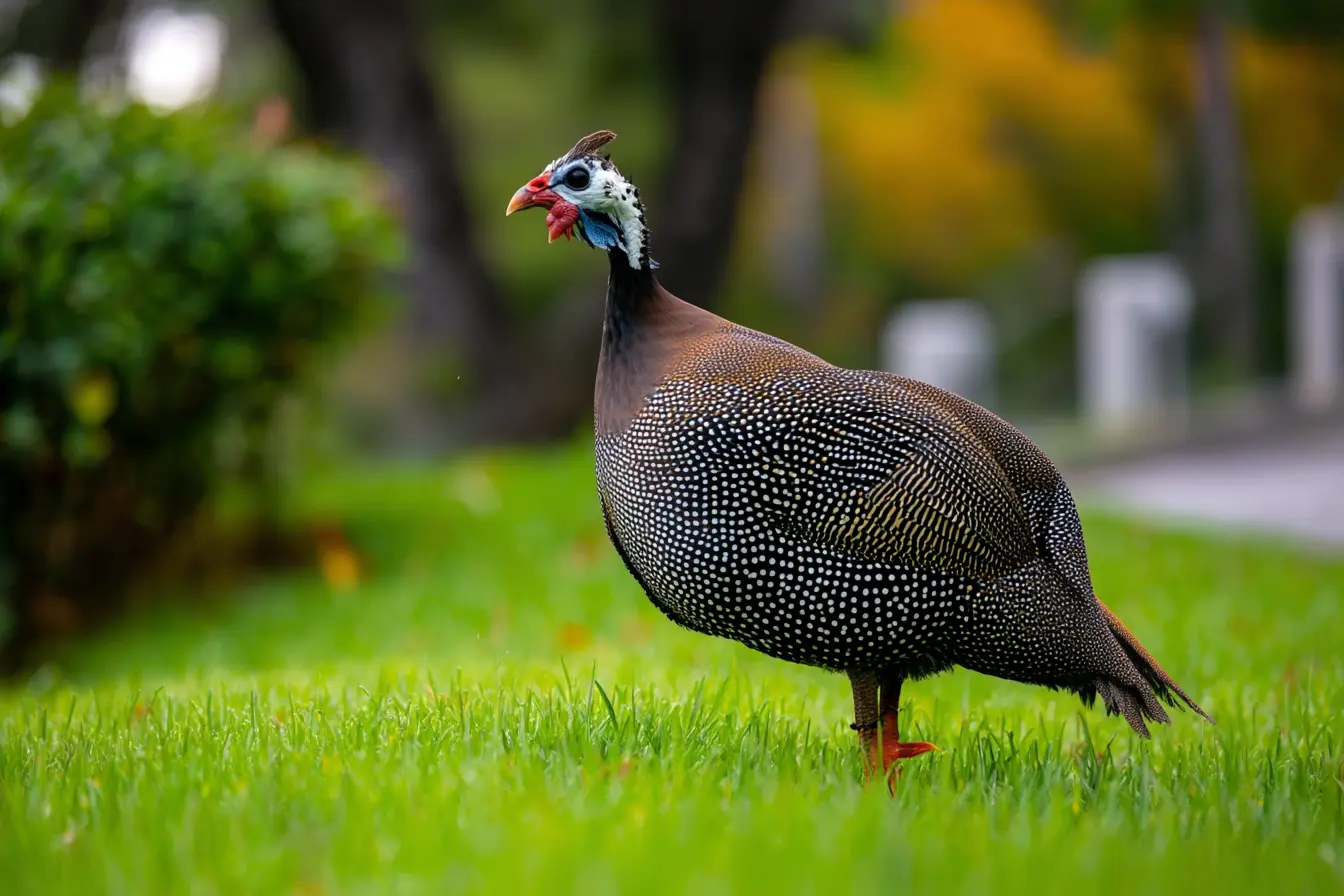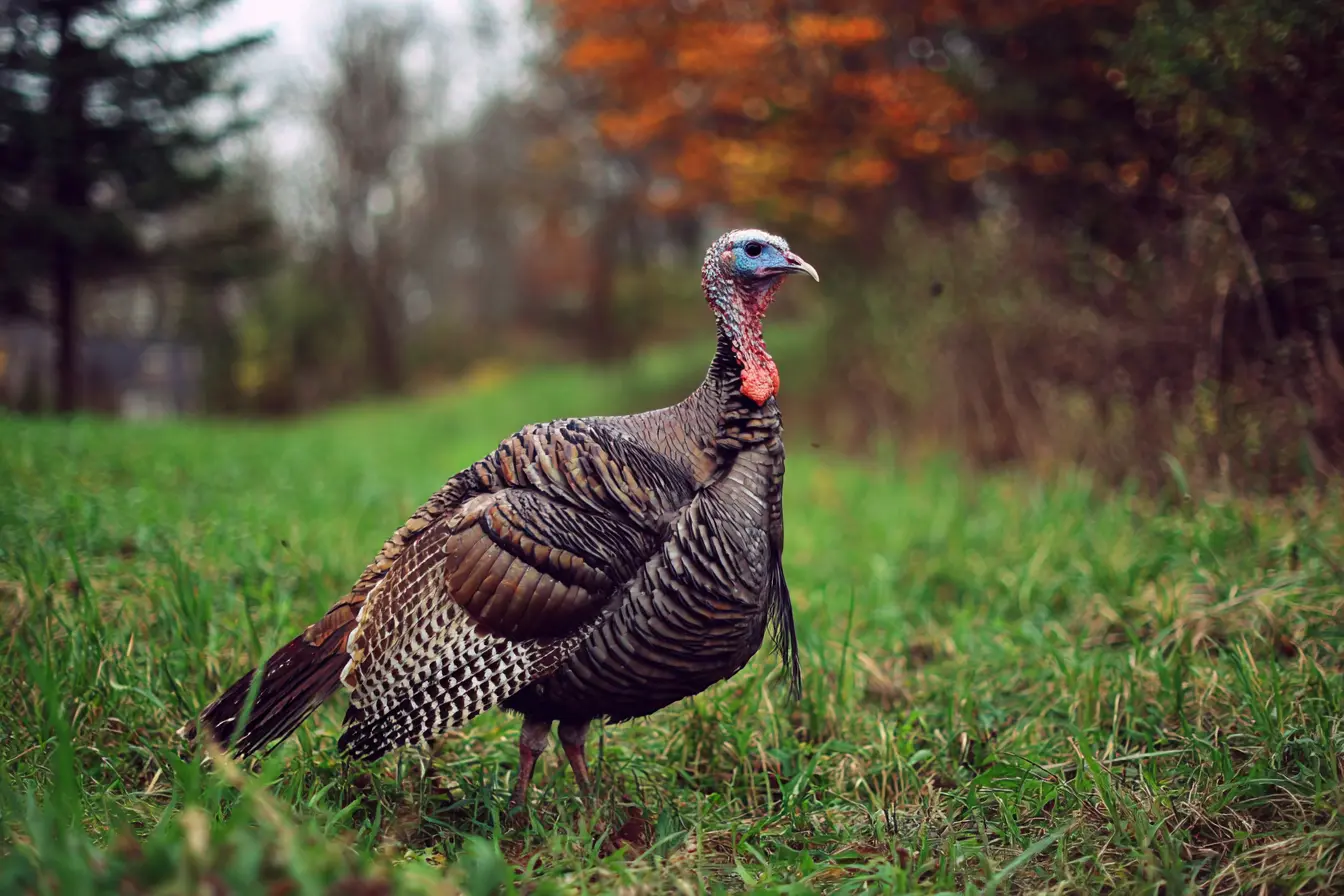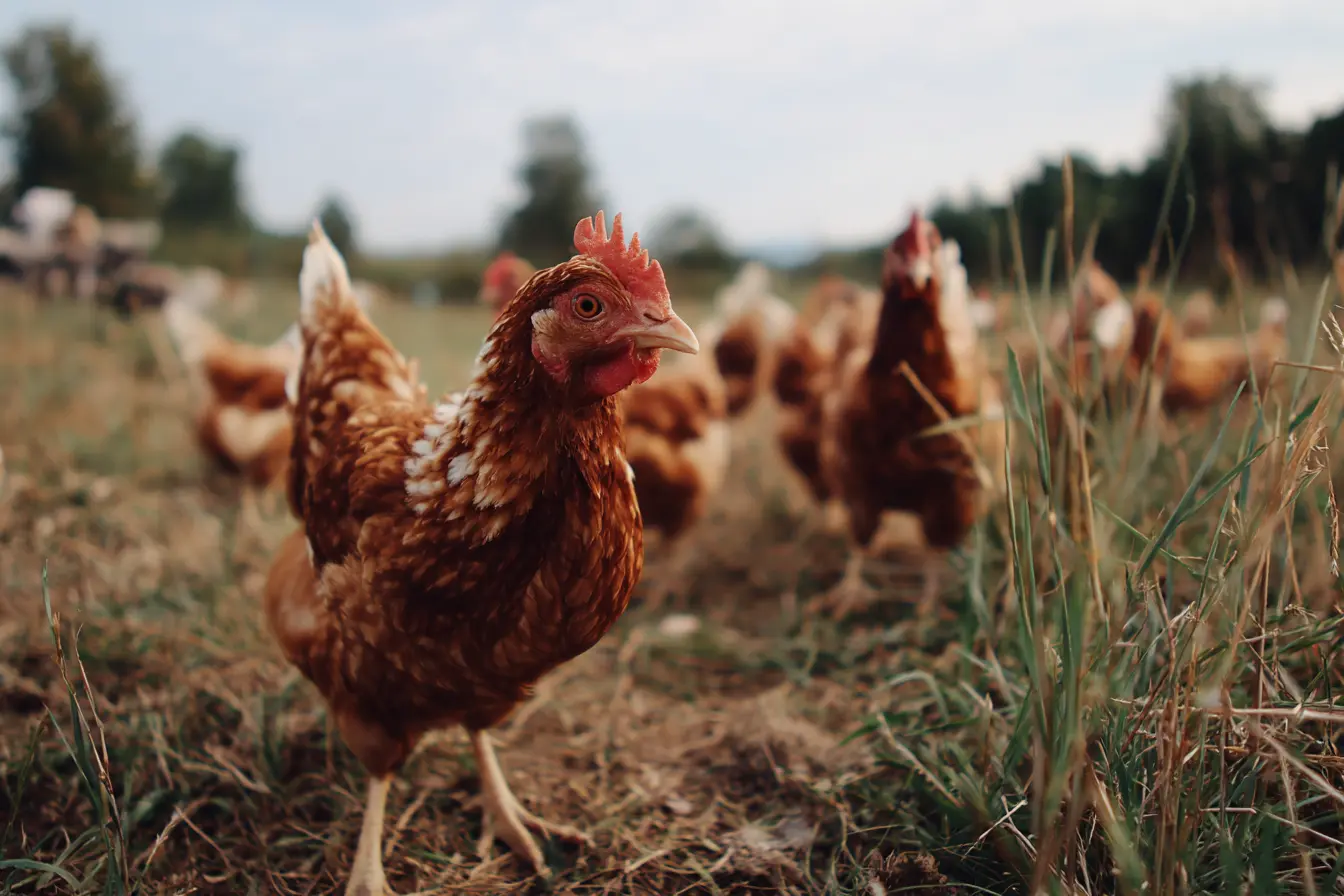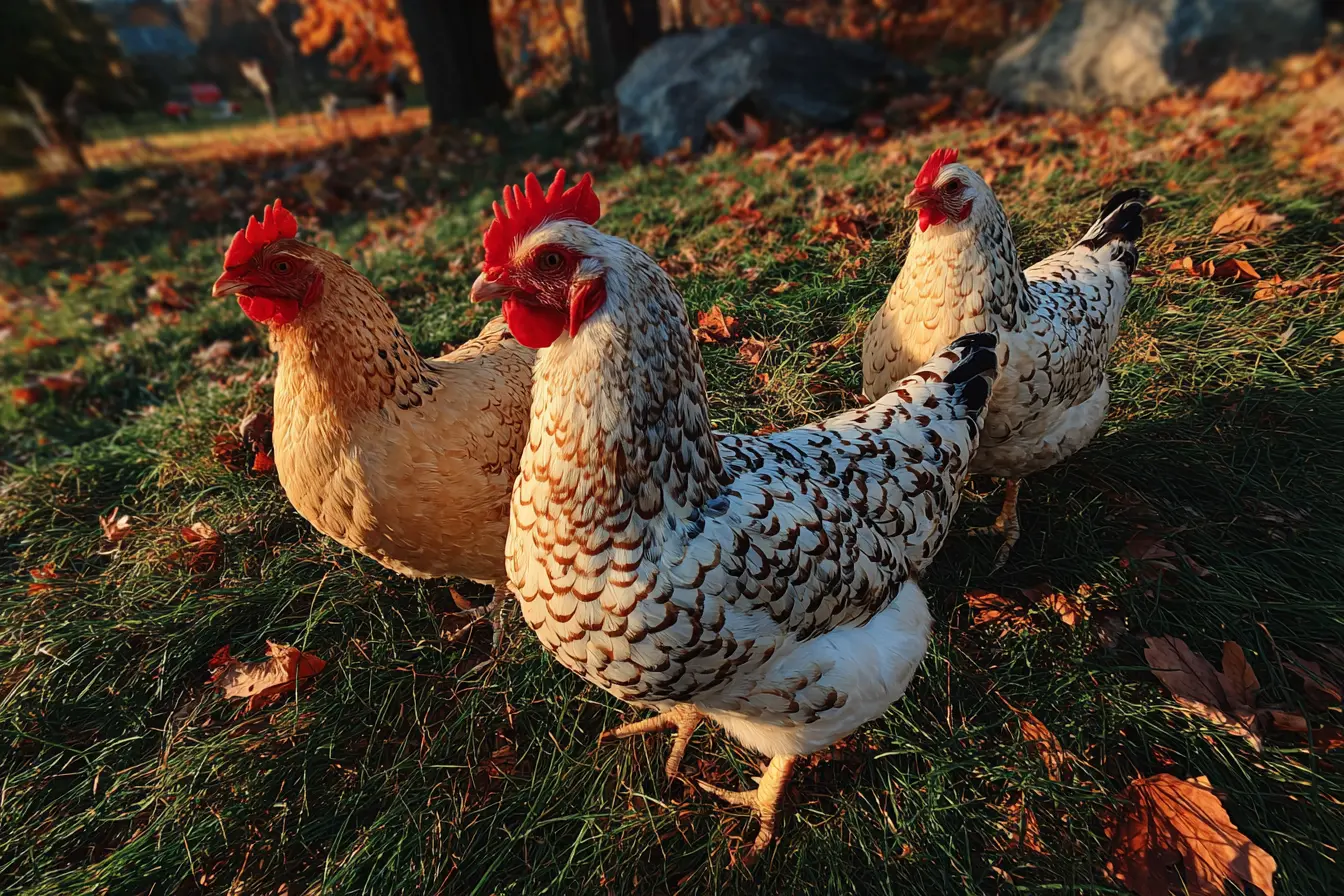
How to Stop Chickens Destroying the Grass
Chickens are wonderful animals to keep, but one common frustration for owners is the way they systematically tear up the garden. Their natural instincts to scratch, dig, and dust bathe often result in bare patches, mud, and ruined lawns. If you’re wondering how to let your chickens enjoy the outdoors without sacrificing your green space, this guide is for you.
Why Chickens Ruin Grass
Chickens don’t destroy grass out of spite—it’s simply their nature. Here’s what’s happening:
- Scratching for food: Chickens scratch at the ground to uncover bugs, seeds, and roots.
- Dust bathing: They create shallow pits in dry soil to clean their feathers and control parasites.
- Overgrazing: Constant pecking and trampling prevent grass from recovering.
- Compaction: Repeated walking compacts the soil, which damages grass root systems.
The result? Patchy, threadbare lawns that struggle to recover.
Strategies to Protect Your Grass
Rotate Grazing Areas
One of the most effective solutions is rotational grazing. Divide your lawn or outdoor space into separate areas and allow chickens access to one section at a time. While they’re in one zone, the other areas have time to rest and regrow.
Tips:
- Use portable fencing or poultry netting to section off areas.
- Rotate access weekly or fortnightly depending on grass growth and weather.
Limit Free Range Time
Restricting free range time—especially during wet weather—can significantly reduce lawn damage. Allow chickens to roam only for a few hours in the afternoon or when conditions are dry.
Use a Chicken Tractor
A chicken tractor is a mobile run that can be moved daily or every few days. It protects your grass from overuse while giving your chickens fresh ground to forage.
Benefits:
- Prevents worn-out patches
- Reduces predator risk
- Allows the lawn to recover
Protect Vulnerable Areas
Install barriers or netting around prized flowerbeds, vegetable patches, or new turf. Raised beds are another great option to keep your plants safe while still allowing chickens to roam nearby.
You can also cover particularly sensitive patches with plastic mesh or temporary fencing.
Create a Sacrificial Area
Designate one section of your garden as a “scratching zone” where chickens can freely dig, bathe, and peck. Encourage them to spend time there by adding:
- Dry soil or sand for dust bathing
- Treats or scattered grain to encourage foraging
- Shelter or perches to make the area inviting
This allows chickens to express natural behaviours without destroying the whole lawn.
Reseed Regularly
Even with preventative measures, some grass damage is inevitable. Keep a bag of grass seed on hand and reseed worn areas in spring and autumn. Use hardy grass varieties suitable for high foot traffic and cover freshly seeded spots to protect from pecking.
Manage Flock Size
A large flock in a small space will inevitably cause more damage. Ensure you have enough outdoor space to match the number of birds you keep—aim for at least 1 square metre per chicken in the run, more if free ranging.
Alternative Ground Cover Options
If maintaining a perfect lawn isn’t realistic, consider hardier alternatives:
- Woodchip or bark mulch: Durable and easy to clean, ideal for high-traffic areas.
- Herb or clover lawns: More robust than standard grass and good for foraging.
- Artificial turf: Low-maintenance, but must be used with care (not ideal for dust bathing or foraging).
Conclusion
Chickens and lawns can coexist, but it requires thoughtful management. By rotating grazing areas, limiting access, and providing designated digging zones, you can maintain a healthy garden while keeping your flock happy. A little planning goes a long way in balancing a green space with the joys of chicken keeping.
Vets near you
Speciality vets
- Aquatics vet specialists
- Birds vet specialists
- Camelids vet specialists
- Cats vet specialists
- Cattle vet specialists
- Deer vet specialists
- Dogs vet specialists
- Equines vet specialists
- Exotic vet specialists
- Goats vet specialists
- Pigs vet specialists
- Poultry vet specialists
- Sheep vet specialists
- Small Mammals vet specialists
- Wild vet specialists
Vet facilities
- Accessible by public transport
- Blood testing
- Car park nearby
- Client car park
- Dentistry
- Diagnostic imaging
- Disabled public access
- Flea and worm treatments
- Microchipping
- Mobile services
- Neutering
- Open at weekends
- Out-of-hours service
- Referral interests
- Referrals only
- Street parking outside
- Toilets available
- Vaccinations
